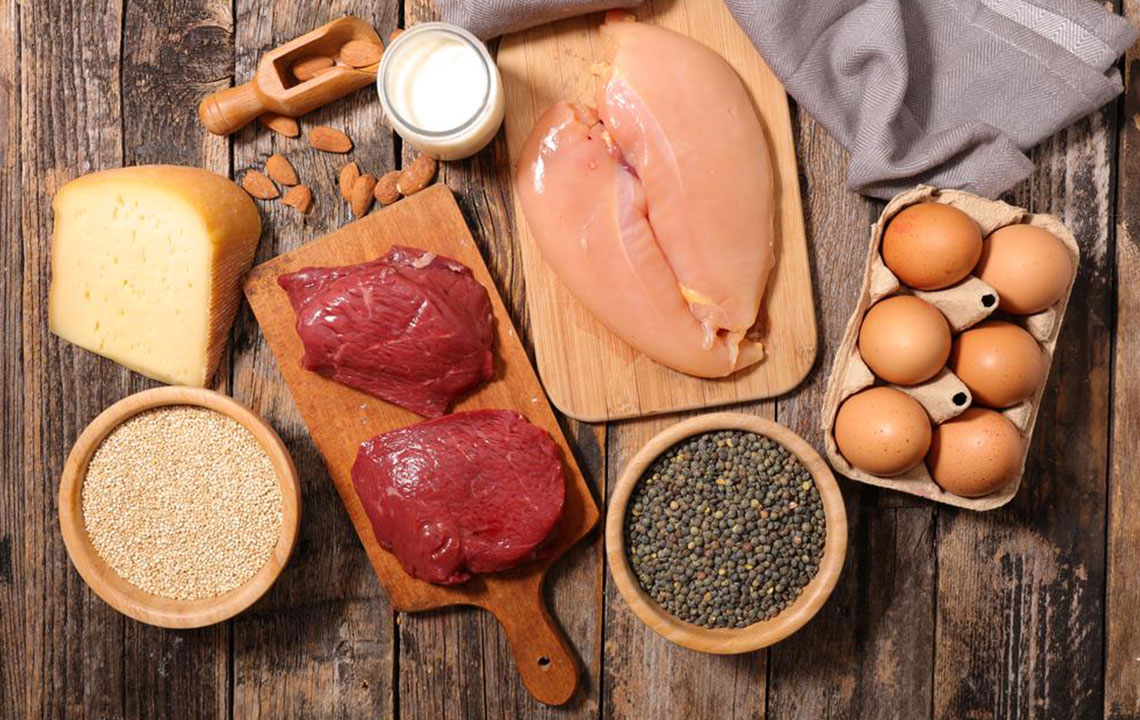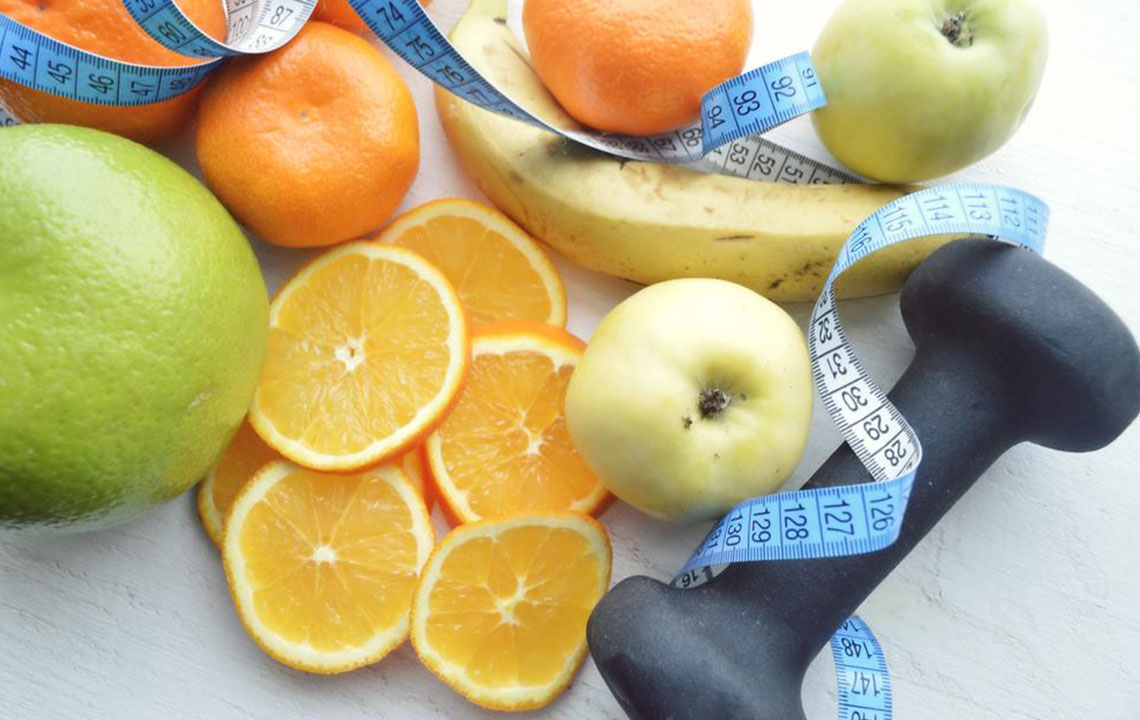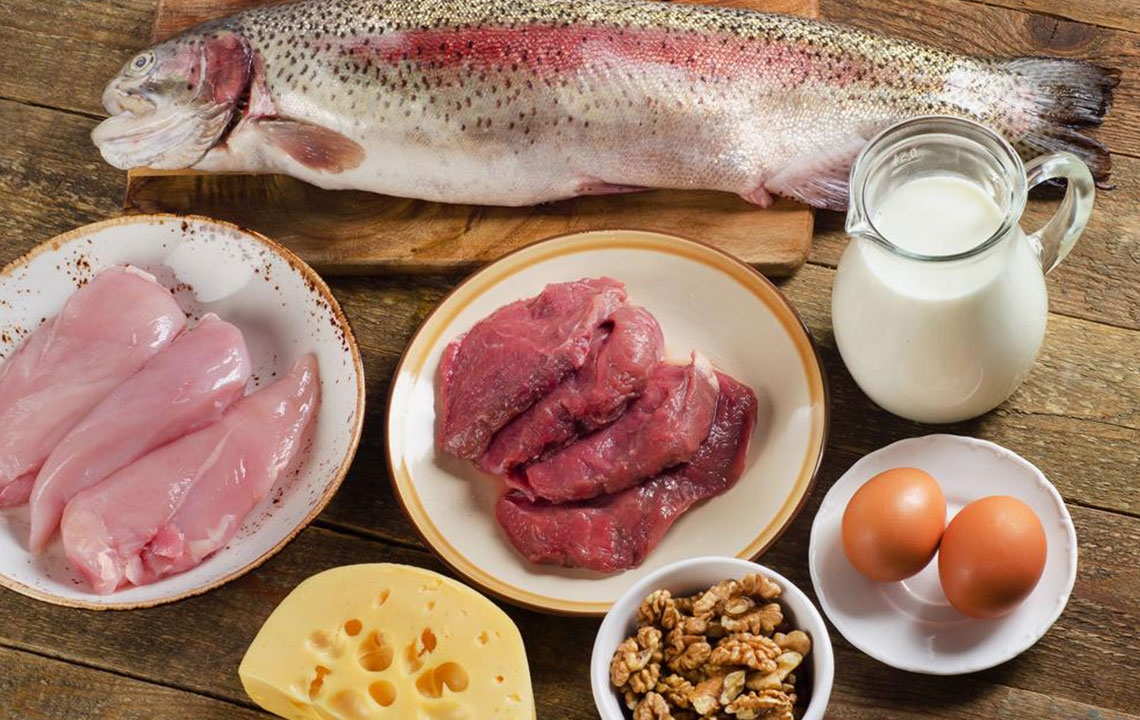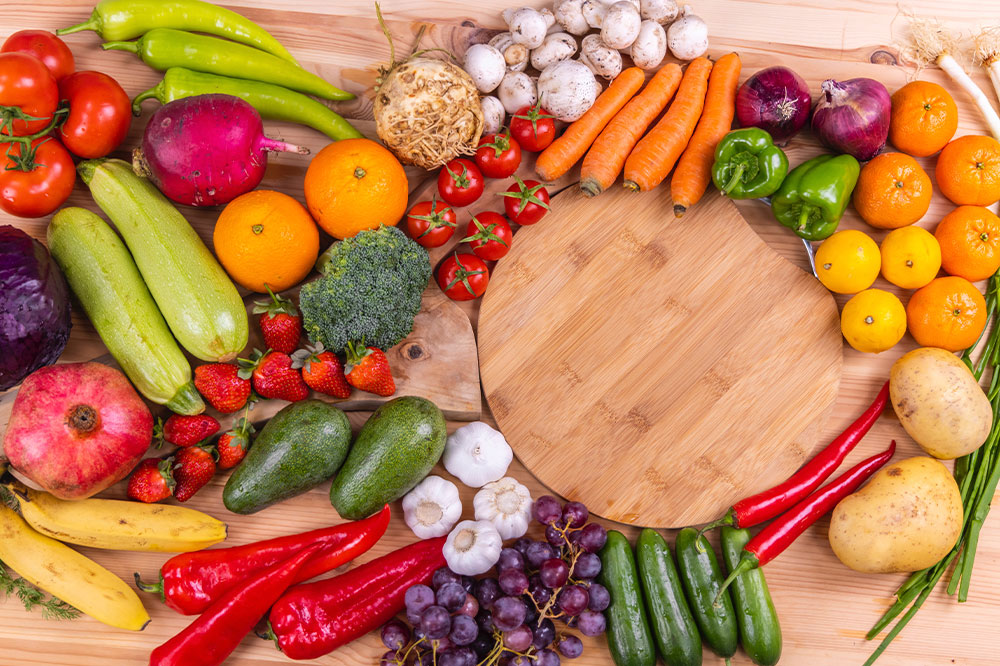Smart Eating: Essential High-Protein Foods to Achieve a Nutritional Balance
Discover the importance of high-protein foods in maintaining a balanced diet. Learn about nutritious breakfast options, mid-morning snacks, lunch, and dinner ideas that support muscle health, digestion, and overall wellness. This comprehensive guide offers practical tips to incorporate more protein-rich foods like oats, lean meats, fruits, and nuts into your daily meals for optimal health and vitality.

Smart Eating: Essential High-Protein Foods to Achieve a Nutritional Balance
Maintaining a healthy lifestyle in today’s fast-paced world presents unique challenges. With rising health concerns such as obesity, diabetes, and cardiovascular issues, making informed dietary choices is more crucial than ever. Nutrition, combined with physical activity, forms the foundation for long-term health benefits. A balanced diet, rich in the right nutrients, supports optimal bodily functions, boosts immunity, and improves overall well-being.
Understanding the components of a well-rounded diet is essential. This means paying close attention to portion sizes and ensuring a variety of nutrients, including fiber, complex carbohydrates, minerals, vitamins, and proteins, are incorporated into daily meals. It’s important not to overly focus on one nutrient at the expense of others. For instance, replacing carbohydrates entirely with protein can have adverse effects, so moderation and balance are key.
Different dietary components offer unique health benefits that are irreplaceable. Having a thorough understanding of their nutritional values enables better meal planning and healthier choices. For active individuals, a high-protein diet plays a vital role in maintaining muscle mass, supporting recovery, and enhancing physical performance. Conversely, those with sedentary lifestyles benefit from foods high in fiber, which aid digestion and promote satiety, helping to prevent overeating and weight gain.
Start Your Day with a Nutritious Breakfast
Breakfast sets the tone for the day, providing essential energy and nutrients. A well-balanced breakfast includes a combination of complex carbohydrates, quality proteins, healthy fats, and vital minerals and vitamins. Skipping breakfast or choosing nutrient-poor options can lead to decreased concentration, fatigue, and overeating later in the day.
Steel-Cut Oats
Steel-cut oats are an exemplary breakfast choice for maintaining energy levels and promoting satiety. Rich in dietary fiber, they stabilize blood sugar levels and foster digestive health. They also contain significant amounts of magnesium, thiamin, iron, and calcium, which support various physiological processes. Moreover, steel-cut oats are recognized as a high-protein food source, helping to sustain muscle mass and improve overall nutritional intake.
The Mid-Morning Meal (Brunch)
Having a light snack or brunch late in the morning can help stabilize blood sugar and boost metabolism. Incorporating fresh fruits rich in antioxidants, vitamins, and minerals, such as watermelon, provides hydration and critical nutrients. Whole fruits are preferable over fruit juices, as they contain dietary fiber that aids digestion and prevents rapid sugar spikes. Pairing fruits with nuts like almonds offers a balanced mix of healthy fats, fiber, magnesium, and vitamin E, making it an ideal high-protein snack.
Midday Meal (Lunch)
Lunch is a crucial meal for replenishing energy and essential nutrients lost throughout the morning. Consuming fiber-rich foods like whole grains, lean meats, and vegetables promotes healthy digestion and supports metabolic functions. Lean meats such as chicken breast provide high-quality protein and essential amino acids necessary for muscle growth and repair. Including a variety of vegetables enhances nutrient intake and adds fiber, which further supports digestive health.
Afternoon Snack
Healthy snacking is vital for maintaining energy and preventing overeating at subsequent meals. Options like plain Greek yogurt provide a substantial source of protein—accounting for nearly 48% of its composition—along with calcium and probiotics that support digestive health. Green tea, rich in antioxidants, can also be an excellent beverage choice for boosting metabolism and overall health. These snacks help keep your body energized and aid in muscle recovery and immune function.
Dinner Recommendations
Dinner should be light yet rich in nutrients, especially high in fiber and protein. Meals such as salads with quinoa, lentils, and lean meats like pork or beef are excellent choices. These foods provide essential amino acids, vitamins, minerals, and fiber, helping you feel full without over-consuming calories. Such dinners support muscle repair, digestive health, and sustained satiety through the night. Incorporating diverse ingredients makes dinner not only nutritious but also flavorful and enjoyable.
Before implementing significant dietary modifications, consulting with a healthcare professional or registered dietitian is strongly recommended. Tailoring your diet to your specific health needs ensures safety and effectiveness. Feel free to experiment with different ingredients, spices, and recipes to keep your meals exciting, flavorful, and rich in essential nutrients. A balanced diet coupled with physical activity is the cornerstone of a healthy lifestyle, and focusing on high-protein foods is an effective strategy to achieve your health goals.





